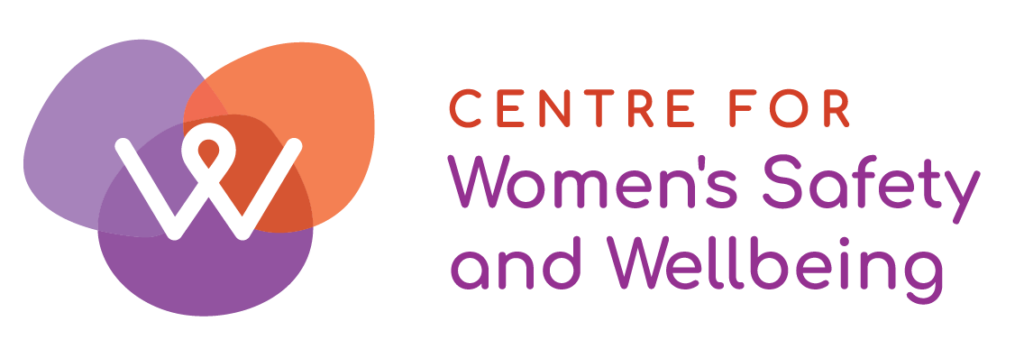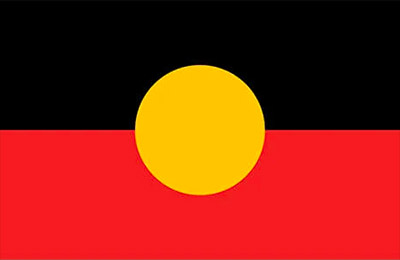Coercive and controlling behaviour is at the heart of domestic and family violence.
Coercive control creates invisible chains and a sense of fear that pervades all elements of a survivor’s life.
It is critical to recognise that the intimidating, degrading and regulatory practices used by abusers that instil fear and threat in victim-survivors’ everyday lives may not include physical violence.
While coercive control often involves physical and/or sexual violence it is not always physical. The first act of physical violence may be a woman and or her children being killed.
CEO of the Centre for Women’s Safety and Wellbeing, Dr Alison Evans, says: “This year has brought into sharp focus the need for urgent action on women’s safety. We applaud the WA Labor Government’s campaign to build community awareness and understanding of coercive control. This campaign is vital in ensuring the broader public know what coercive control looks like in intimate partner relationships, and men choosing to use violence know what they are doing is wrong. It shines a light on this insidious abuse before it escalates and results in homicide.
“The need for improved understandings of the nature and impact of coercive control at all points of contact within the justice process will continue to be vital.
“But we know many victim survivors will never contact the police to report the abuse they experience.
“It is vital our focus is on adopting genuinely holistic responses, across all points of contact with the family and domestic violence system, so that the responsibility for responding to abuse is shared across all agencies which encounter abused women and children and the men who are causing harm. If we better understand coercive control, we are better able to save lives.”
“Awareness raising campaigns inevitably increase demand for specialist family and domestic violence services. These services have saved countless lives and changed the lives of many more. Yet for over a decade these services have faced systemic issues with funding.
“Put simply, they cannot keep up with demand. This can put women and children who are experiencing coercive and controlling behaviours at greater risk of danger.
“Ultimately not investing in family and domestic violence services can be fatal for victims and devastating for their families. Sustainable investment in specialist services is a must.”
Help raise awareness by sharing the ‘Coercion Hurts’ campaign resources.
If you, or someone you know, is in immediate danger, call the police now on 000.
If it’s not an emergency and you need support, you can call these numbers 24 hours a day, seven days a week.
- 1800RESPECT: 1800 737 732.
- Women’s Domestic Violence Helpline: 1800 007 339.
- Men’s Domestic Violence Helpline: 1800 000 599.
- Kids Helpline: 1800 551 800.





